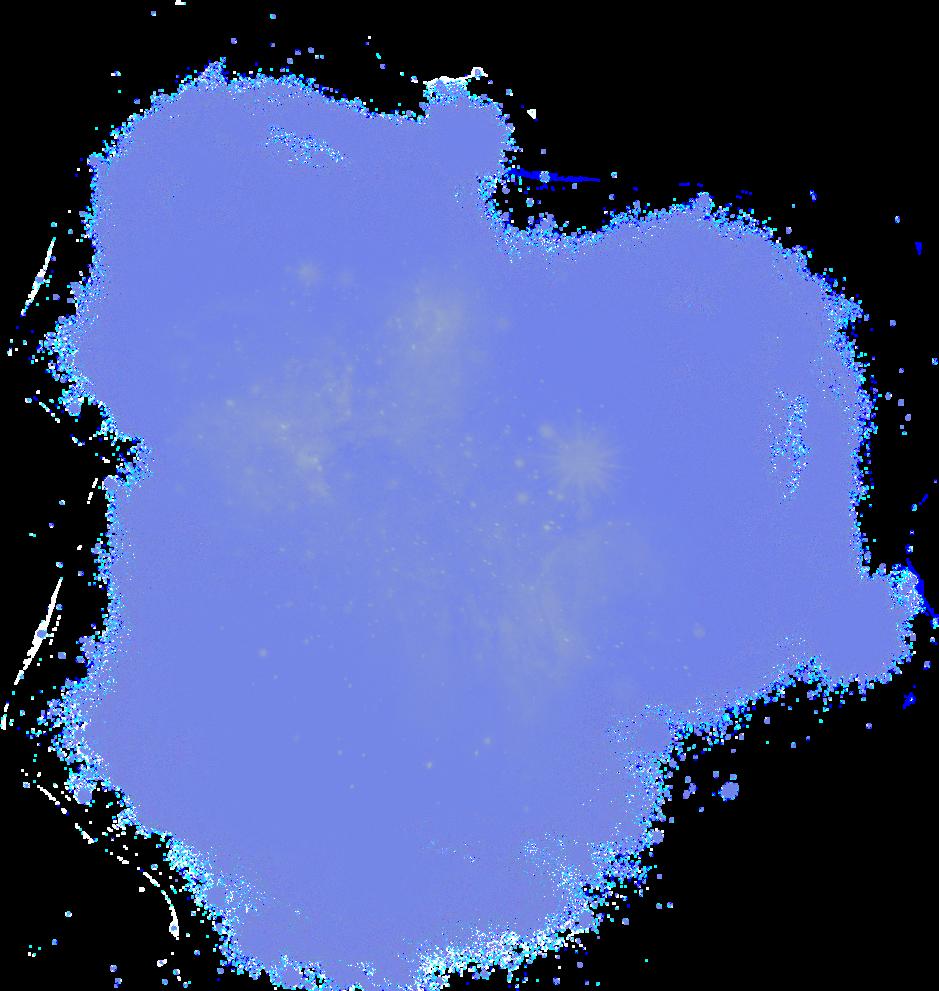
1 minute read
The universe's paradox
By: Ashwika Madhur By: Ashwika Madhur

Advertisement
From the most potent clouds of antediluvian elements came the emergence of the stars, solar systems and galaxies. Among the billions of galaxies created, and thousands upon thousands of solar systems, all carrying several many planets, one of them was our own Earth. Isn’t it funny?
Out of all the possibilities of how Earth could have risen, it grew to be covered in water and land. The smallest change in the hieroglyphics of the makeup of our planet, and life wouldn’t be able to survive. Do you ever wonder how the universe managed to engender these precise conditions? I’m puzzling you now, aren’t I? But it’s really not my fault that so many unanswerable questions arise once we try to comprehend such convoluted topics.

In the modern age, the acme of complexity the creation of technologies can be simplified by numbers and measurements, through maths alone. But thirteen billion years ago, when planets did not exist, and we did not yet exist, how did the universe get everything into shape? I can’t help but wonder: does the universe have its own language? Does it, by any chance at all, have a code, a script of rules encoded into its system that tells it what to do? It’s just so perplexing to think that it was all a major coincidence, as if it was all destined by fate, or a stroke of luck, that everything in the universe is how it is
People have many, many wild theories on the universe. Now, I’m no genius, but I don’t think humans will ever know why the universe is the way it is Humans, such young creatures compared to the universe, may be smarter than the rest of the organisms on Earth; but they are certainly not smart enough to decipher the universe’s paradox. We exist in an impossibly vast cosmos, barely constituting one little particle of a larger nebulous cloud. All we can do is feel at peace with Earth’s perimeters, and arrange the pieces of the puzzle that form our own planet.










